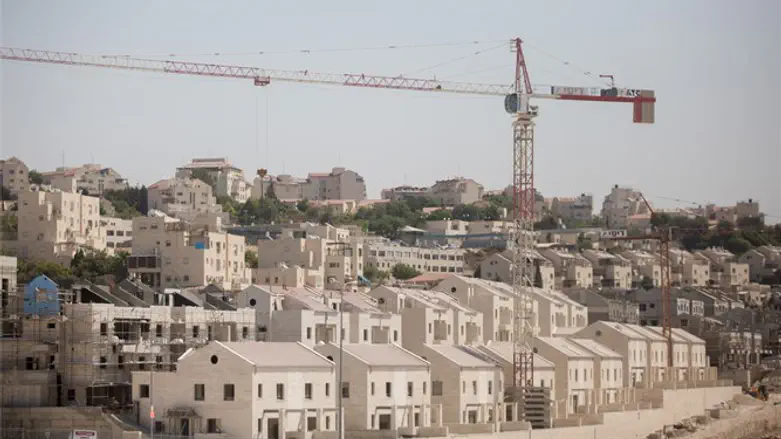
While living in Monsey NY, being a relgiious Jew is comfortable and convenient. There are dozens of yeshivas to chose from, shuls on every street corner, dozens of kosher restaurants, supermarkets, mikvahs and all of the amenities that a religious Jew could ever dream of.
In Monsey, one can really focus on the important things in life. Children can breath fresh air and live in comfortable, spacious homes while attending top notch yeshivas and Bais Yaakovs. The supermarkets are stocked with long aisles of the finest foods with uncompromising kashrus standards. We can attend the shul of our choice, or become members of multiple shuls with plenty of opportunities to donate our time and money to chesed organizations.
If living in Galus was really the punishment that it is described to be in the Torah, the Torah must somehow not have foreseen Monsey, NY.
The Monsey life affords the religious Jew endless opportunities to grow and enrich himself, his family and to give back to the community. While these three priorities are critical, there is something missing in Monsey that many people may not sense, or sense but can't put into words.
Maimonides (Melachim 5:15) states that when a Jew goes out to battle during times of war he “should not worry about his wife or children. On the contrary, he should wipe their memory from his heart, removing all thoughts from his mind except the war.”
To the frum yet, enlightened Monsey Jew, this halakha may seem both cruel and bewildering. It is completely contrary to the Monsey order of priorities in life. Obviously, the top priority is one’s own life- nothing trumps pikuach nefesh. Then comes family followed by the community. In this Rambam, we see that there is a fourth priority, which takes precedence over all of the preceeding ones, the Jewish nation- Klal Yisrael. When a Jew goes out to battle on behalf of the Jewish people, he is waging Hashem’s battle and must put his own safety and the wellbeing of his family aside.
As enriching as it is to be a frum Jew in Monsey on the individual, familial and communal levels, the feeling of a vibrant life on the national level is sorely lacking.
When the Jewish people have gone through national tragedies as in the Holocaust and many of the tragedies of the past year, our sages have explained that the victims were punished for the sins of the nation.
If the Torah expectation of us is to live our lives focused on ourselves and our immediate circle of family and community, why should there be divine punishment on a national level? If Hashem treats us as a nation, perhaps that is an indication of how we should see ourselves and conduct ourselves- as a nation. Not just individuals, families and communities.
Being part of a nation does not only mean feeling the pain of our fellow Jews during their time of grief and seeing it as our grief. It also means taking part in our fellow Jew's joy and seeing it as our own.It means wanting to play an active part in the destiny of Klal Yisrael, without being told that it’s the right thing to do. It sometimes means holding a total strangers babystroller as they walk up the aisle to pay for their busfare or receiving a piece of unsolicited advice with a smile from a fellow Jew whom we have never met or seen before. It means noticing a fellow Jew trying to lift a used washer/dryer from a handtruck onto a public bus and giving him a hand. It means all of the things that make me proud of living in and doing my small part in contributing to Eretz Yisrael.
Avraham Shusteris is an accountant who made aliyah from Monsey NY in 2018 and is currently residing in Ramat Beit Shemesh with his family. He is also the founder of The Nachliel Project, (www.Nachliel.org), an organization created to promote haredi aliyah from the US.
https://www.youtube.com/watch?v=ybh9UJ3Y65Q
https://www.youtube.com/watch?v=LsU6Oobj20A